But First, a Cup of Marika’s Coffee
“Life’s too short for bad coffee.”—Gord Downie
If you were having coffee with me, I would suggest (if you have the time) that you join me on a trip to Lusaka’s light industrial area. Come with me to Malambo Road, where we shall find the home of Marika’s Coffee nestled between warehouses.
Like Gord, Teija Kuusela Lublinkhof, founder of Marika’s Coffee and Peaberry Coffee Roasters, believes everyone should have access to good coffee.
Starting Marika’s Coffee with the ambition to roast the best Zambian coffee available for the local market, Teija and her team have worked hard to package it smartly in high-quality packaging to guarantee freshness for longer.

“It’s best to drink coffee within a month of roasting. If you were a chef, you’d want to use fresh ingredients; it’s the same with coffee. It’s best when it’s fresh.”
Statistics show that around 30 to 40% of the world’s population consumes coffee daily. Established in 2007, Marika’s Coffee has developed into a well-known brand locally. “Marika’s Coffee started small, roasting in Lusaka and supplying mostly to hotels and restaurants,” Teija reveals. It has since expanded into international markets and has exported green coffee to Finland.
Zambia, coffee tasting and world coffee events
Teija, who is also an assistant instructor for the Coffee Quality Institute (one of only 49 instructors in the world), began her life in the coffee industry working for Munali Coffee. She helped develop the Munali Coffee brand, one of the brands now roasted under Marika’s Coffee.
The Coffee Quality Institute (CQI) works to improve the quality of coffee and the lives of the people who produce it, including organising training and exams for coffee tasters.

“I worked for Munali Coffee when they started growing and producing coffee. That’s when I really got interested in coffee. Awed by the many different blends of coffee, I trained as a coffee taster and took over quality control.”
She explains that as she was already in Zambia, it felt like a natural decision to set up business here, expressing that the Zambian coffee industry was like an open field.
“In Finland, there is more competition even though more resources are available. This was a chance to create a coffee culture and do things that hadn’t been previously done. We got great support from the Coffee Growers Association of Zambia and the Coffee Board of Zambia. It was, at the time, hard work, but looking back, it was a great opportunity to do something new and different.”
Teija is a licensed Q grader (Coffee Quality Institute) and representative and head judge for World Coffee Events, which organises competitions such as World Barista Championships, she has judged World Barista Championships and other coffee competitions since 2009.
She is also involved in developing barista championships for the African continent and training the baristas in Zambia and other countries. She has been working with the Zambia Coffee Growers Association to develop the Zambian National Barista Championship since 2007.
Pre –COVID 19, Marika’s Coffee was very active on the international scene participating in world coffee events and running the Zambian Barista Championship competition, where winning baristas won an opportunity to participate in the World Coffee Championships to represent Zambia.
Teija also established the Zambia Barista Committee (ZABAC) in 2009 and is currently chairing the Zambia Coffee Growers Association.
Peaberry Coffee Roastery
“We offer so much more than just a café and amazing roasts. Peaberry Coffee also offers coffee training and equipment for anyone who wants to join the coffee industry. We’re a one-stop-shop. We do everything coffee,” Teija shares.
Peaberry Coffee Roasters, under which Marika’s Coffee now operates, was established in 2016 and opened its first coffee shop in 2017. Teija got inspired to pair a roaster and café together after a trip to Australia.
“I thought [to myself] this is something we could do in Zambia. I noticed there was very little appreciation for coffee, coffee shops and local products. Zambia is now starting to have a culture around sitting down for a cup of coffee.”
Peaberry Coffee Roasters has since partnered with the Pick n Pay franchise in Zambia to house two coffee shops within their stores.
“We want people to have a good cup of coffee at the supermarket, which is an international norm. We aim to make sure good coffee is more widely available. Our coffee can be found at The Pantry in Lusaka, for example. We try to support local stores as much as possible. It’s also available in the big supermarkets like Shoprite and Pick n Pay. Plus, lots of people also just come to the roaster to get coffee,” she divulges.

Teija explains that Marika’s Coffee, under Peaberry Coffee Roasters, does 90% of its production on-site, saying that she likes to focus on finding the best green coffee and telling the stories of the farmers and where the coffee comes from. She adds, “90% of our production is Zambian coffee, whole production is done on-site.”
“Our goal is to roast the best available coffee for the Zambian market, and that’s why we have a select blend of Zambian coffee. We normally have a medium roast coffee and espresso roast coffee. Medium roast for French press or filter, then espresso for espresso machines.”
Coffee Culture
Teija details that while Peaberry produces medium roasts and espresso roast coffee for export to Finland, there is a greater focus on very light filter coffee as there is a significant preference for that in the market.
Finland is ranked as one of three leading countries that “ruthlessly” drink coffee in huge quantities daily, next to the Netherlands and Sweden (with consumption reported to be about 9 to 10 kg of coffee per person annually).
She appreciates that different parts of the world have different cultures surrounding coffee.
“I drink my coffee mainly black. I have some espresso after lunch and a longer coffee in the morning. It’s fascinating how different places have different coffee cultures. For example, Italians drink coffee with milk in the morning and espressos in the afternoon and Zambians predominantly like cappuccinos. I think this could be because Zambia is largely a tea-drinking country.”
The best way to enjoy coffee
“Sip coffee without the sugar first. So, you can taste the coffee as it is,” Teija advises.
When asked what is best paired with Marika’s Coffee, her ready answer is dark chocolate. As Zambian coffee tends to have a natural chocolate note, black coffee is best paired with 70% dark chocolate.



